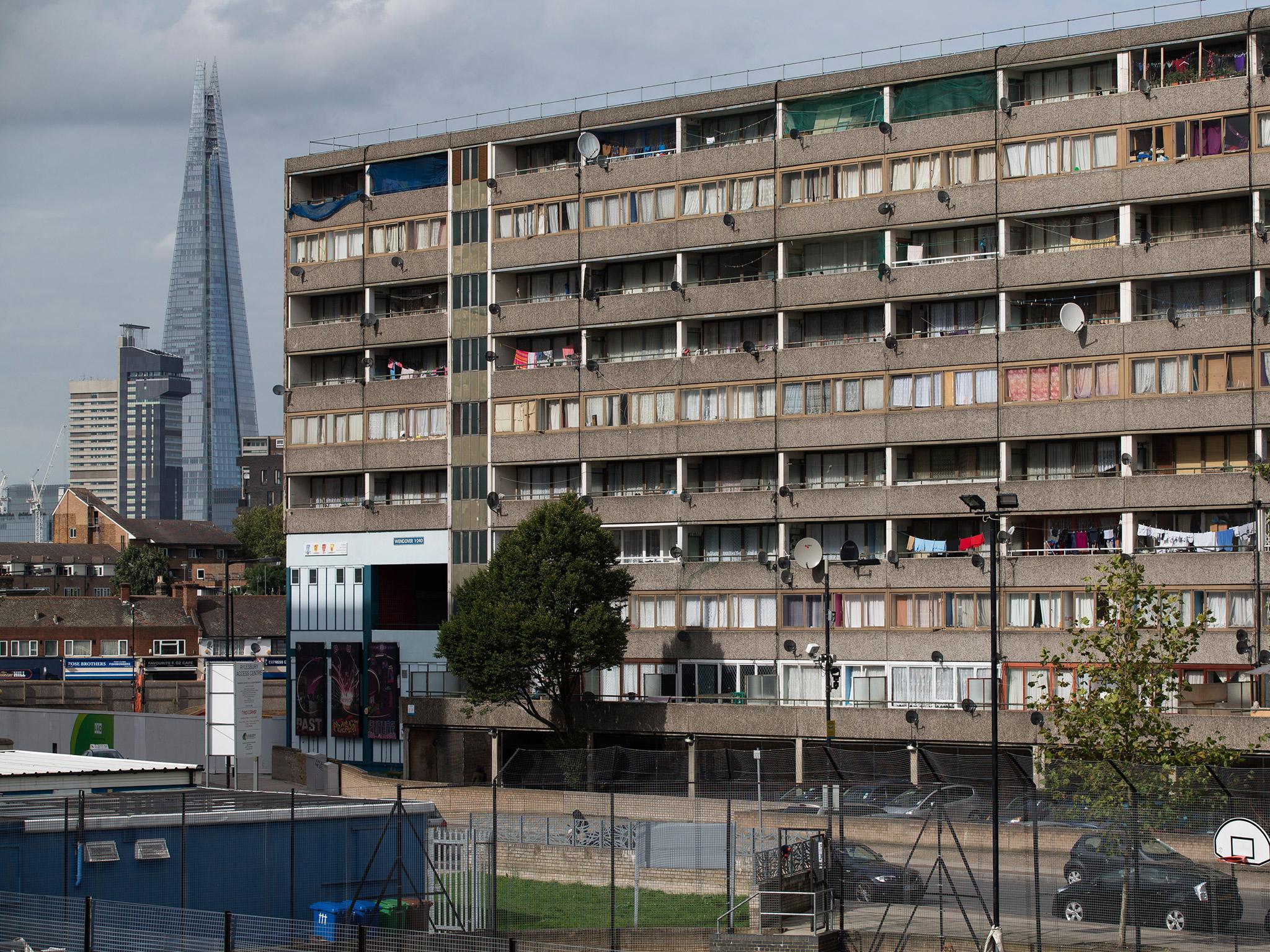Poor Britons miss out on beautiful surroundings and should have legal right to improve look of their neighbourhoods, says report
Attractive public spaces are important factors in mental health, says the report

Impoverished Britons are missing out on beautiful surroundings conducive to good health and wellbeing and should have a legal right to improve the look of their neighbourhoods, according to a new report.
People living in households with an annual income of more than £45,000 are most able to take advantage of beauty in their local environments, says the report by the ResPublica think tank. And 45 per cent of people in social housing feel they have access to beautiful places, compared to 57 per cent of homeowners, it states.
“Our public poll is damning. It shows we are singularly failing the poor. A staggeringly high household income, more than £10,000 above the national average, gives you better access to beautiful surroundings,” said Caroline Julian, co-author of the report.
Attractive public spaces are important factors in both physical and mental health, and experiencing natural beauty reduces stress and promotes wellbeing, according to the report - which is backed by organisations such as the National Trust, Campaign to Protect Rural England, and the Woodland Trust.
“The cost of ugliness, particularly for those who are the least wealthy in society, is far too high,” it says. “The wealthier you are, the more likely you are to experience beauty, together with all the benefits and value this provides,” adds the report.
“People were more likely to rate their local area as ‘good’ or ‘very good’ in terms of being a beautiful place to live when their household income was higher. The same trend held for access to green and open spaces,” it states.
Reducing levels of litter is the most important factor in making an area beautiful, according to 36 per cent of Britons, followed by having less crime, vandalism and graffiti, and fewer empty and dilapidated buildings.
A Community Right to Beauty should be enshrined in law, giving local communities greater powers over the appearances of areas, the report argues. Creating ‘Areas of Outstanding Urban Beauty’ and designating areas lacking visual appeal as ‘Community Improvement Districts’ are among other recommendations.
Oliver Letwin MP, the Minister for Government Policy, said: “I very much welcome this seminal report. The exponential growth of neighbourhood planning is creating a vast new opportunity. Up and down the country, communities can make decisions about their own surroundings; and they can bring beauty back into the debates that gave rise to those decisions. Now is the time to make a fuss about beauty and this paper will help that to happen.”
Join our commenting forum
Join thought-provoking conversations, follow other Independent readers and see their replies
Comments
Bookmark popover
Removed from bookmarks